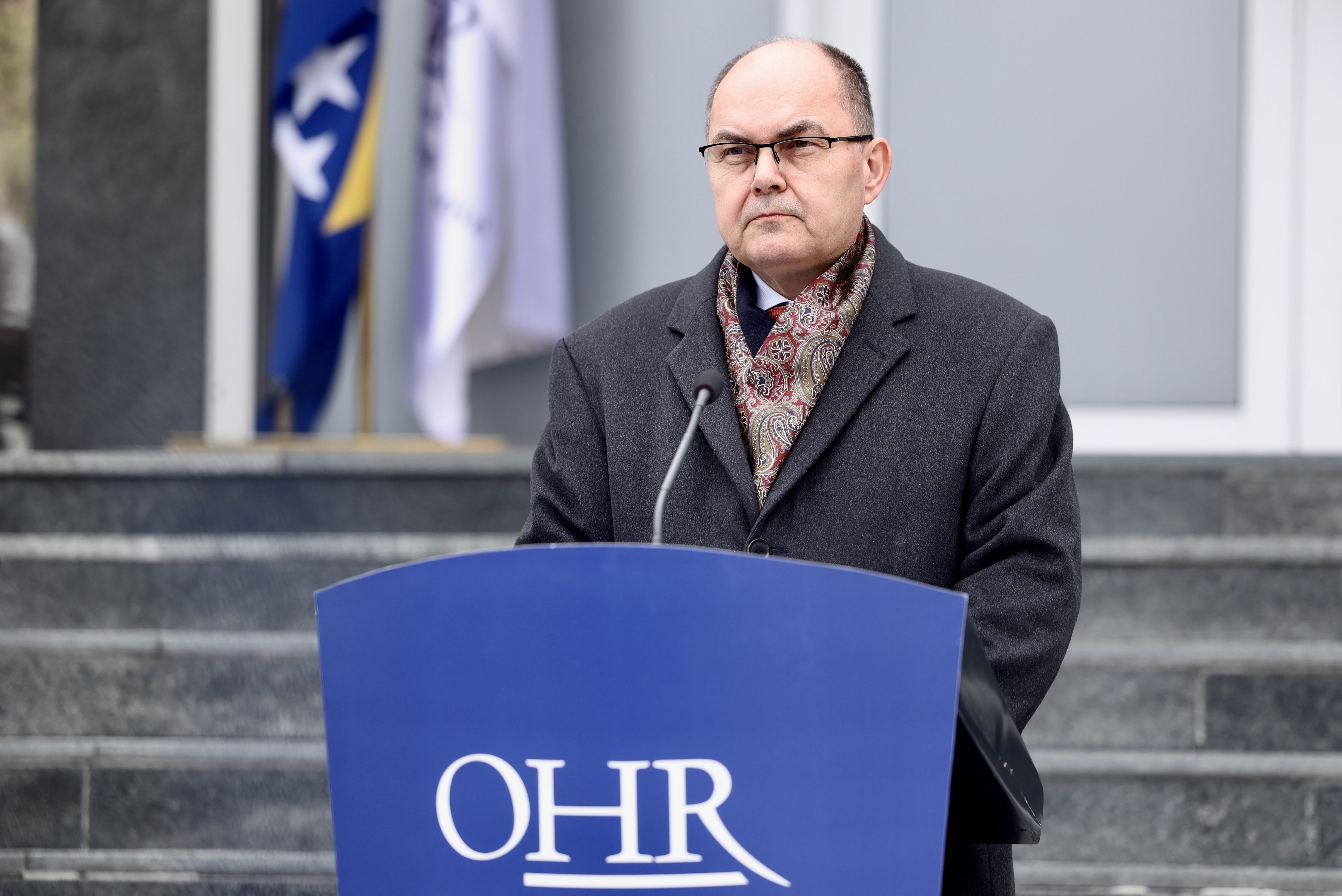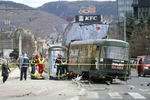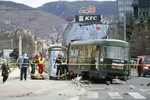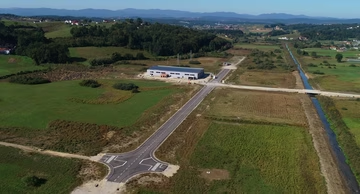
Article V of Annex 10 to the General Framework Agreement for Peace in Bosnia and Herzegovina (GFAP) provides that the High Representative is the final authority in theatre regarding the interpretation of the said Agreement on the Civilian Implementation of the Peace Settlement. The issue of the nomination/appointment of the High Representative is directly linked to the interpretation of Annex 10 to the GFAP.
"It is clear from the text of Annex 10 that the appointment of the High Representatives, (which is not the case with the military implementation forces – IFOR, now EUFOR-Althea, in line with Annex 1A), is not made by the United Nations (UN) Security Council, though it must be consistent with relevant resolutions. The practice of the Peace Implementation Council (PIC) continuously demonstrates that the High Representative is appointed to the position by the PIC Steering Board and that this practice is “consistent with UN Security Council resolutions,” beginning with Resolution 1031(1995) of 15 December 1995," the Office of the High Representative said.
On 27 May 2021, the PIC Steering Board “formally appointed” Mr. Christian Schmidt as the High Representative for Bosnia and Herzegovina. Acting upon the request of the PIC Steering Board to inform accordingly the UN Secretary-General, Mr. Schmidt’s predecessor – High Representative Dr. Valentin Inzko – sent a letter to UN Secretary-General H.E. Mr. Antonio Guterres on 3 June 2021, informing him of the decision of the PIC Steering Board to formally appoint Mr. Schmidt. Mr. Inzko further noted in his letter that Mr. Schmidt would assume the duties of the High Representative on 1 August 2021, when his resignation became effective.
"The absence of an explicit reference to the appointment of the High Representative in the UN Security Council resolutions concerning the situation in Bosnia and Herzegovina is not precedent. After the PIC Steering Board formally appointed Dr. Christian Schwarz-Schilling as High Representative for Bosnia and Herzegovina on 15 December 2005 and he assumed his duties on 31 January 2006, the UN Security Council similarly did not specifically mention the appointment in its subsequent resolutions concerning the situation in Bosnia and Herzegovina," OHR stressed.
The expression of support by the UN Security Council is not legally necessary for the decision of the PIC Steering Board appointing a new High Representative to take effect. All High Representatives who were welcomed and agreed by the UN Security Council, with the exception of Mr. Carl Bildt, had already taken up the position by the time the UN Security Council acted. The absence of an explicit agreement by the UN Security Council did not affect Dr. Schwarz-Schilling’s exercise of the duties vested upon the High Representative. Expression of support in resolutions is not obligatory.
"In response to an inquiry of Chairwoman of the Presidency of Bosnia and Herzegovina H.E. Ms. Željka Cvijanović, UN Secretary-General H.E. Mr. Antonio Guterres confirmed on 14 July 2023 that the PIC Steering Board is the relevant body for the appointment of the High Representative," they said.
Mr. Christian Schmidt assumed the position and duties of the High Representative on 1 August 2021. Since then, he has submitted four reports concerning the implementation of the GFAP to the UN Secretary-General and the UN Security Council. The High Representative addresses the UN Security Council in person every year.
Kakvo je tvoje mišljenje o ovome?
Učestvuj u diskusiji ili pročitaj komentare





 Srbija
Srbija
 Hrvatska
Hrvatska
 Slovenija
Slovenija



























































